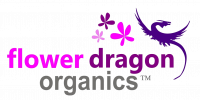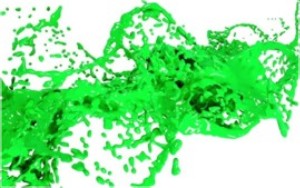What does organic really mean?

Understanding exactly what ‘organic’ means is a big issue for many consumers – especially in a world like ours where deception is rife.
In fact, use of the word ‘organic’ on many product labels is downright deceptive and intended to deliberately confuse consumers. From a scientific context, any product that starts life as natural matter and has a carbon base – basically anything that has ever been alive – can be classed as ‘organic’, and this is where the deception occurs and why it is difficult to stop.
But there is an easy solution!
Educate yourself as a consumer to ensure you aren’t hoodwinked and here are some suggestions on what to look out for:
- If your intention is to choose a product that is organically- grown, check for official certification – only products certified by a registered authority can be labelled ‘certified organic’.
- If using your own intuition and logic (which we highly recommend!), then make sure you look at whether the product has been produced using GMOs (genetically modified organisms); whether you can pronounce the ingredient list AND how many ingredients the product itself contains (as a guideline, if you cannot pronounce something and the ingredient list is longer than about 6 or 7 ingredients, then put it back on the shelf!).
- Get in touch with the manufacturer and ask them. This is the best kind of market pressure as it shows a company that not all consumers are blindly accepting whatever they see marketed.
- Check for country of origin and do some quick research into what this means for the product you are considering. Don’t allow politics to sway you here – focus on agricultural practices and regulation.
- Be wary of products that state ‘contains certified organic ingredients’ – this can sometimes just be a ‘sweetener’ thrown in by a company to offset some truly nasty ingredients. In fact, this warning could be applied to any product and any type of marketing deception – e.g. a toxic laundry liquid might have pure essential oils added so it can be marketed as ‘natural’ or a sugary breakfast cereal can be fortified with synthetic supplements so it can claim to offer your daily intake of ‘X’ vitamin.
Choosing products that are organically-grown, certified organic, non-GMO, chemical-free and ethically produced (i.e. avoiding slavery practices, cruelty to animals and damage to the Earth) is rewarding for yourself and for our planet – a truly win-win scenario we should all aim for. Show your body and the Earth the respect they both deserve, and become a more conscious shopper – that way you will avoid being a victim of pretty labels and flashy language.




Recent comments